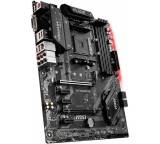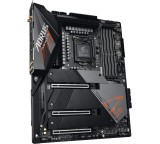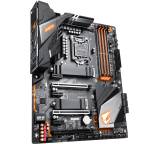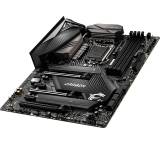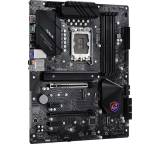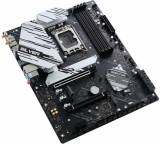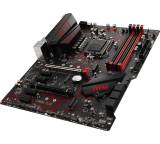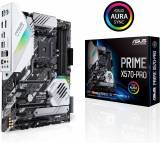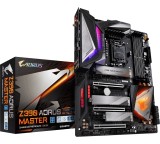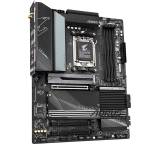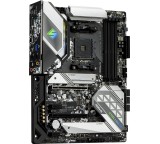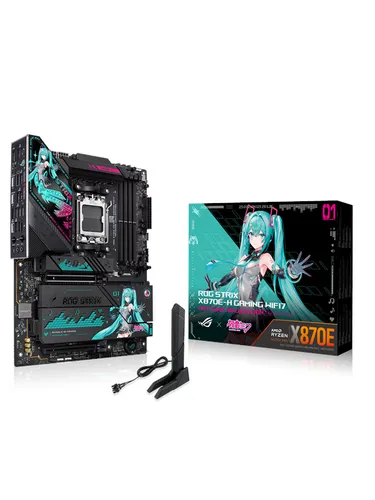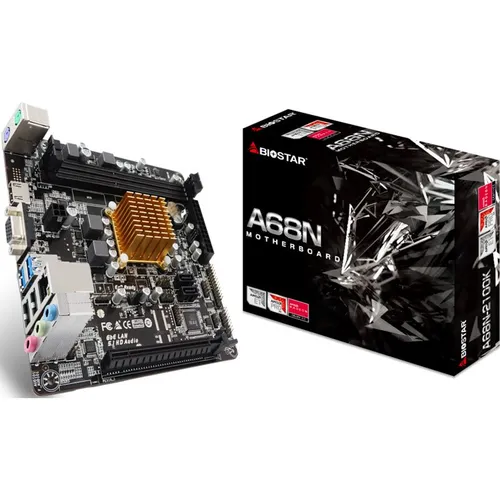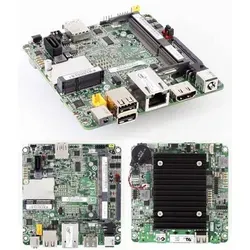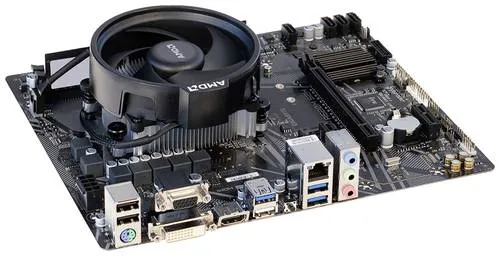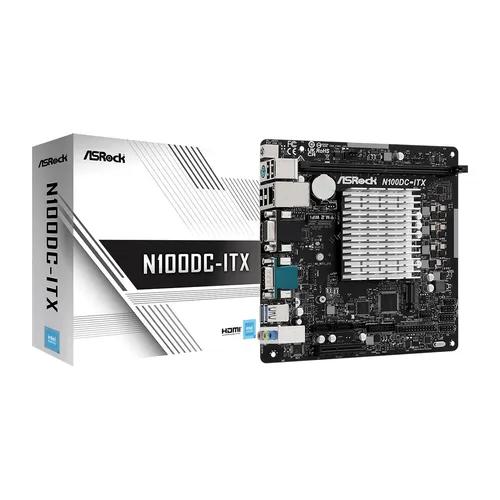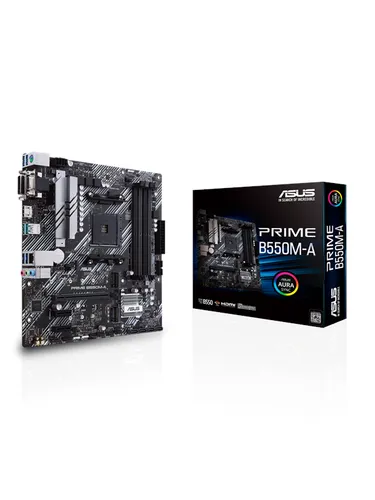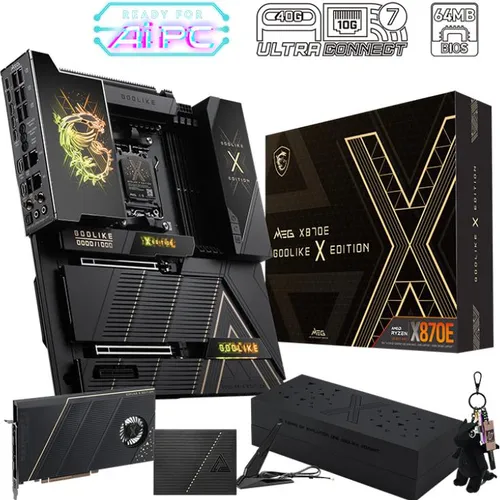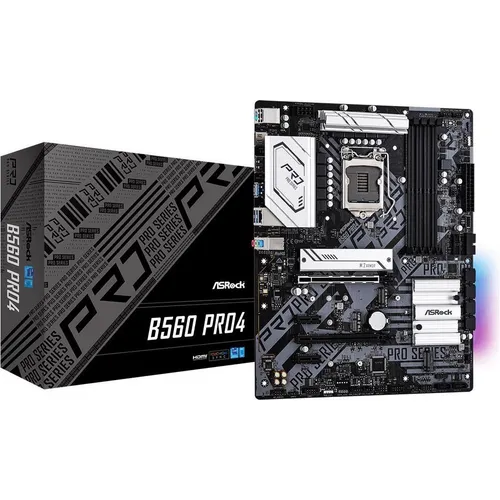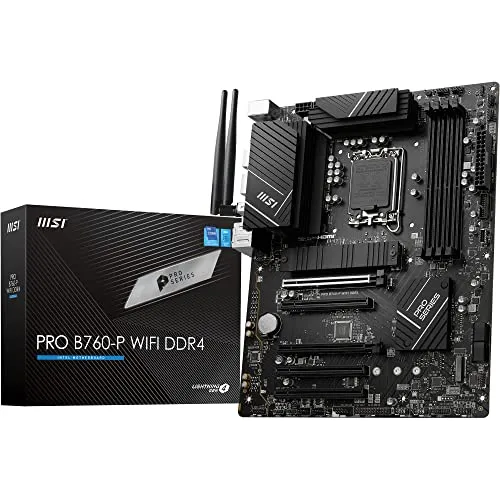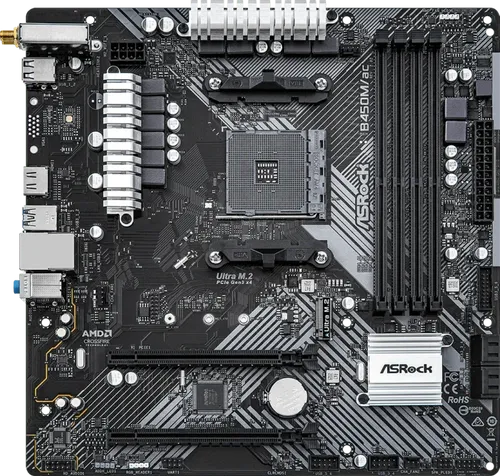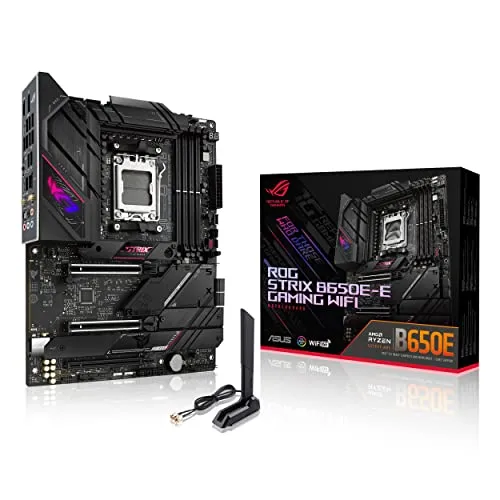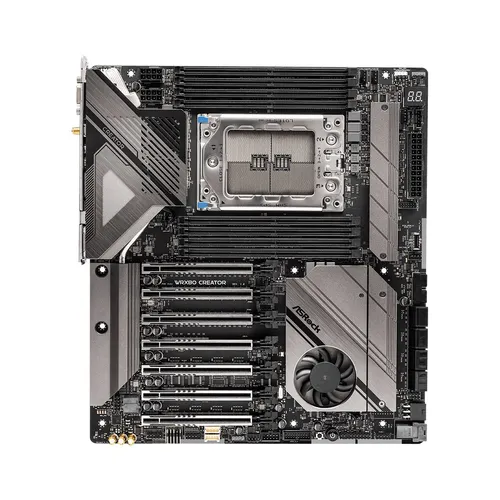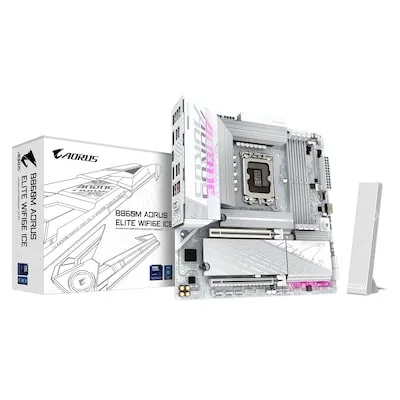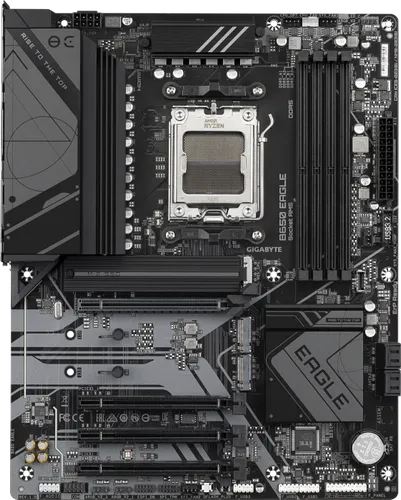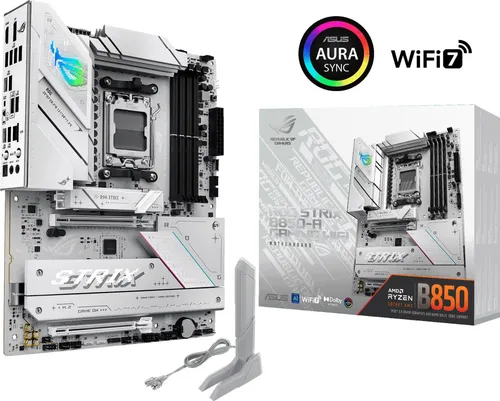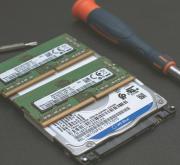Mainboard Testberichte (S. 8/29)
Diese Quellen haben wir neutral ausgewertet (letzter Test vom ):
Mainboards Bestenliste
1.062 Ergebnisse entsprechen den Suchkriterien
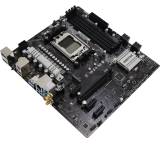
ohne Endnote
- Chipsatz: AMD A620
- Sockeltyp: Sockel AM5
- Formfaktor: Micro-ATX
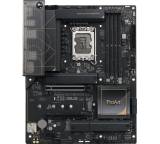
Gut
1,6
Asus ProArt B760-Creator D4
- Chipsatz: Intel B760
- Sockeltyp: Sockel 1700
- Formfaktor: ATX
Zum Produkt
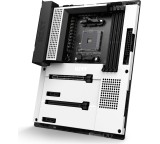
Gut
2,1
NZXT N7 B550
- Chipsatz: AMD B550
- Sockeltyp: Sockel AM4
- Formfaktor: ATX
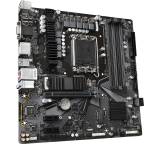
Sehr gut
1,5
- Chipsatz: Intel B660
- Sockeltyp: Sockel 1700
- Formfaktor: Micro-ATX
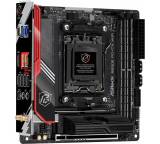
Gut
2,4
- Chipsatz: AMD B650E
- Sockeltyp: Sockel AM5
- Formfaktor: Mini-ITX
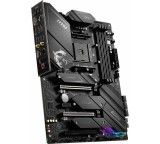
Sehr gut
1,5
- Chipsatz: AMD X570
- Sockeltyp: Sockel AM4
- Formfaktor: ATX
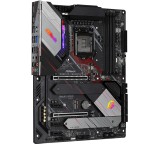
Befriedigend
2,7
ASRock Z490 PG Velocita
- Sockeltyp: Sockel 1200
- Formfaktor: ATX
- RAM-Typ: DDR4
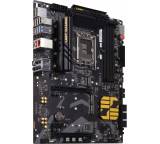
Befriedigend
2,6
- Chipsatz: Intel Z790
- Sockeltyp: Sockel 1700
- Formfaktor: ATX
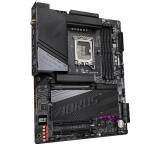
Gut
1,6
GigaByte Z790 Aorus Elite X WIFI7
- Chipsatz: Intel Z790
- Sockeltyp: Sockel 1700
- Formfaktor: ATX
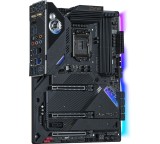
Gut
1,7
ASRock Z590 Taichi
- Chipsatz: Intel Z590
- Sockeltyp: Sockel 1200
- Formfaktor: ATX
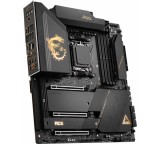
Gut
1,8
- Chipsatz: AMD X670E
- Sockeltyp: Sockel AM5
- Formfaktor: Erweitertes ATX (eATX)
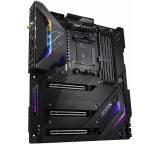
Gut
1,9
GigaByte X570 Aorus Xtreme
- Sockeltyp: Sockel AM4
- Formfaktor: Erweitertes ATX (eATX)
- RAM-Typ: DDR4
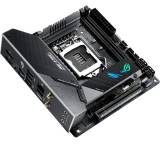
Gut
2,1
- Chipsatz: Intel Z490
- Sockeltyp: Sockel 1200
- Formfaktor: Mini-ITX
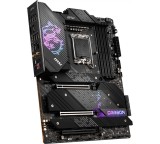
Gut
1,8
MSI MPG Z690 Gaming Carbon WiFi
- Chipsatz: Intel Z690
- Sockeltyp: Sockel 1200
- Formfaktor: ATX
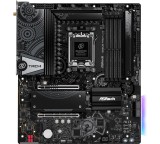
ohne Endnote
- Chipsatz: AMD B650E
- Sockeltyp: Sockel AM5
- Formfaktor: Erweitertes ATX (eATX)
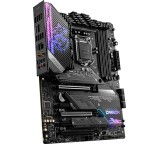
Gut
1,8
MSI MPG Z590 Gaming Carbon WiFi
- Chipsatz: Intel Z590
- Sockeltyp: Sockel 1200
- Formfaktor: ATX
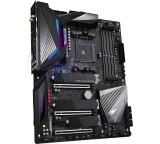
Gut
1,7
GigaByte X570 Aorus Master
- Sockeltyp: Sockel AM4
- Formfaktor: ATX
- RAM-Typ: DDR4
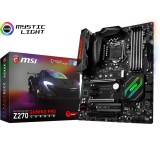
Gut
2,1
MSI Z270 Gaming Pro Carbon
- Sockeltyp: Sockel 1151
- Formfaktor: ATX
- RAM-Typ: DDR4
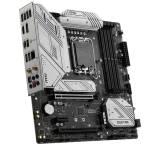
Gut
2,0
- Chipsatz: Intel B760
- Sockeltyp: Sockel 1700
- Formfaktor: Micro-ATX
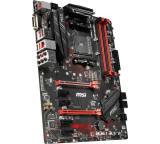
Sehr gut
1,5
MSI B450 Gaming Plus Max
- Chipsatz: AMD B450
- Sockeltyp: Sockel AM5
- Formfaktor: ATX
Zum Produkt
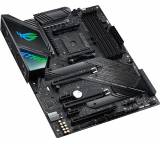
Sehr gut
1,5
Asus ROG Strix X570-F Gaming
- Sockeltyp: Sockel AM4
- Formfaktor: ATX
- RAM-Typ: DDR4
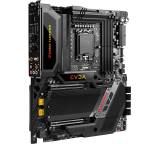
Gut
1,8
EVGA Z690 Classified
- Chipsatz: Intel Z690
- Sockeltyp: Sockel 1700
- Formfaktor: Erweitertes ATX (eATX)
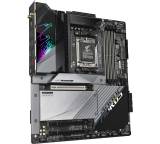
Gut
1,9
- Chipsatz: AMD X670E
- Sockeltyp: Sockel AM5
- Formfaktor: Erweitertes ATX (eATX)
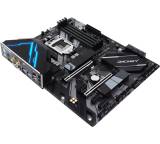
Befriedigend
2,8
- Sockeltyp: Sockel 1200
- Formfaktor: ATX
- RAM-Typ: DDR4
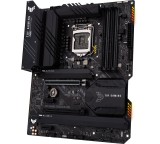
Gut
1,7
Asus TUF Gaming Z590-Plus WIFI
- Chipsatz: Intel Z590
- Sockeltyp: Sockel 1200
- Formfaktor: ATX
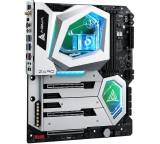
Gut
2,0
- Chipsatz: Intel Z490
- Sockeltyp: Sockel 1200
- Formfaktor: Erweitertes ATX (eATX)
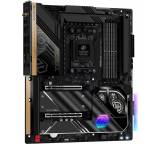
ohne Endnote
- Chipsatz: AMD B650E
- Sockeltyp: Sockel AM5
- Formfaktor: Erweitertes ATX (eATX)
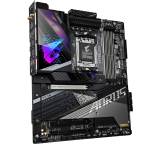
Gut
1,8
- Chipsatz: AMD X670E
- Sockeltyp: Sockel AM5
- Formfaktor: Erweitertes ATX (eATX)
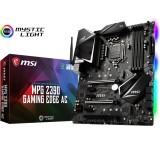
Sehr gut
1,4
- Sockeltyp: Sockel 1151 v2
- Formfaktor: ATX
- RAM-Typ: DDR4
Verwandte Suchen
Aktuell beliebte Mainboards
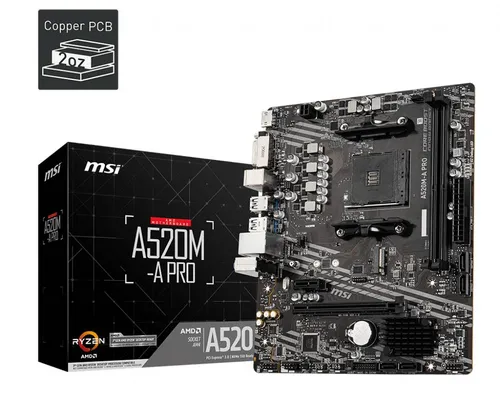
51,05 €
54 Preise vergleichen
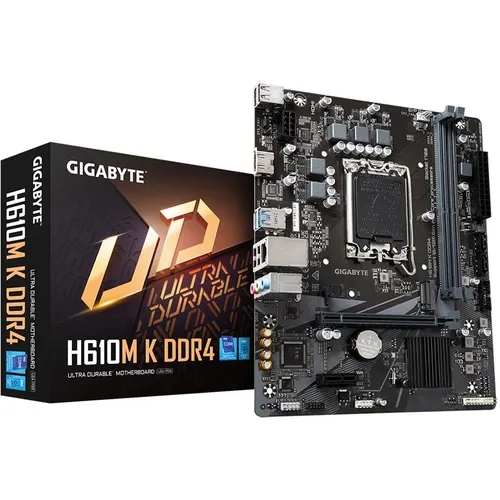
58,89 €
50 Preise vergleichen
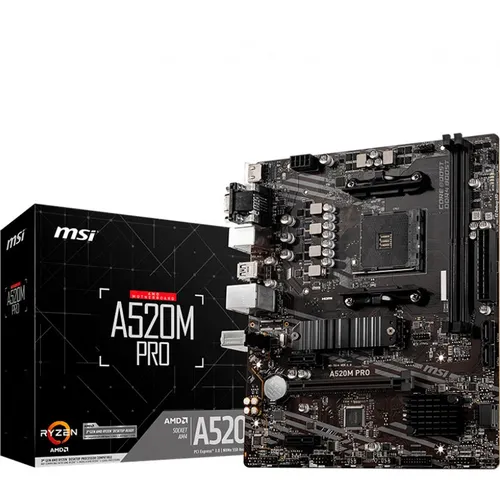
57,89 €
34 Preise vergleichen
Tests
-

-
PC Games Hardware
- Ausgabe: 3/2026
- Erschienen:
Platinen für AMD-Minis
Testbericht über 5 MainboardsDieses Heft ist bis zum am Kiosk erhältlich.
zum Test -
-

-
c't
- Ausgabe: 9/2025
- Erschienen: 04/2025
-
-

-
PC Games Hardware
- Ausgabe: 7/2025
- Erschienen: 06/2025
-





